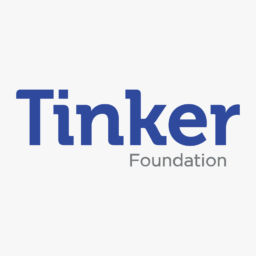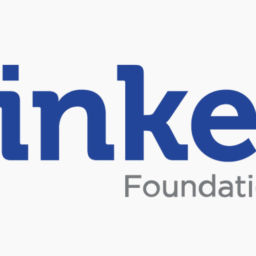Most foundations in the United States do not accept unsolicited funding requests. Why does Tinker?

Tinker makes the vast majority of its grants using an open application process, with Letters of Inquiry (LOIs) serving as the first stage in its application process (described in detail here). In this post, we share more about how and why we use LOIs.
Why does Tinker use LOIs as the first step in its application process?
As a funder with a broad mission to support civil society organizations working across Latin America, we maintain an open application process that enables any eligible organization to request funding. This practice allows us to learn about organizations as well as the ways NGOs are tackling today’s pressing challenges. We believe it also makes our funding more accessible to emerging institutions in the region. With each LOI cycle, we hear from hundreds of organizations working in our program areas, which can lead to future funding or further relationship-building.
How competitive is the LOI process?
We generally receive at least 500 LOIs across our three program areas in each cycle and sometimes many more. From these, we will request a full proposal from less than 10% of applying organizations, depending on the program. In other words, we decline at least 90% percent of the requests that we review to find the projects that align with our programmatic priorities. The brief LOI format allows our team to engage with a large volume of submissions while reducing the effort required from organizations early in our process. Our team sets aside multiple weeks per year to carefully review and follow up on submissions.
What makes an LOI stand out? What are typical characteristics of LOIs that are invited to submit a full proposal?
The strongest LOIs clearly describe why the project is relevant, why the organization is well-suited to do the work, and why the time is right for the proposed work: why this, why us, and why now. Effective LOIs provide a clear, concise description of the problem or challenge being addressed and provide more extensive detail about how the organization is addressing the problem, as well as its strengths and capabilities. An LOI should also communicate the scale of the envisioned intervention (e.g., is it one community, 20 communities, an entire province, etc.). In short, because Tinker receives so many LOIs, we rely on each application to convey the context and proposed work without requiring significant additional research or follow-up. Program officers will use the proposal process to delve much more deeply into these elements.
What are some common reasons that LOIs are declined?
Each cycle, we receive many LOIs that do not align with our stated program priorities. (We strongly encourage applicant organizations to review the relevant program description before beginning the LOI process. Tinker program officers are available to provide additional information; email is generally the most efficient way to reach us.)
Another common reason for declination is the reach of the proposed project. Tinker funds work across a range of project-level maturity – from early experiments and pilots to scaling up proven interventions. That said, we generally fund opportunities that have policy relevance and / or the ability to effect change beyond the local level. Projects that focus on a single community or context and are not connected to larger policy opportunities or the potential to reach greater scale are unlikely to be successful.
Finally, there is the very real challenge of supply and demand. We simply don’t have the grantmaking budget to support the volume of requests that we receive and must turn down many promising projects in each cycle.
Do you provide feedback to each organization that receives a declination? Does Tinker provide suggestions for other funding sources?
When we decline an LOI, we strive to provide a brief rationale to the applicant recognizing the time given to preparing them. However, given the volume of applications and inquiries we receive and our small program staff, we are generally unable to provide subsequent detailed feedback. Unless indicated otherwise by a Tinker program officer, we do not advise organizations to resubmit a project concept that has been declined. We will include ideas for other funding sources as part of our feedback whenever possible.
Beyond identifying specific funding opportunities, what does Tinker learn from operating an LOI process?
Our LOI process allows us to regularly refresh our understanding of the key challenges facing Latin America and emerging strategies for responding to them. We take note of trends in project topics and organizational profiles, as well as shifting conditions in specific places. For our New York-based team, this on-the-ground information is an important source of learning and insight that we follow up with subsequent research, consultation with experts, and travel to the region.













